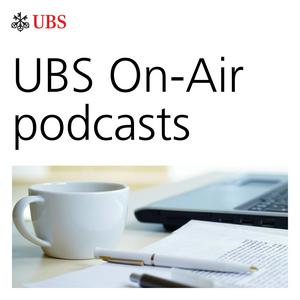Keine Werbung. Mehr Prime.
Keine Werbung. Mehr Prime.
Keine Werbung. Mehr Prime.
Keine Werbung. Mehr Prime.
Der Podcast startet in
- 0 Sek.
How should I be positioned? with Torsten Slok (Apollo) and Jason Draho (UBS CIO)
Top of the Morning: POTUS 47 - U.S. trade policy, Geopolitics, & State of the Union address



UBS On-Air: Market Moves